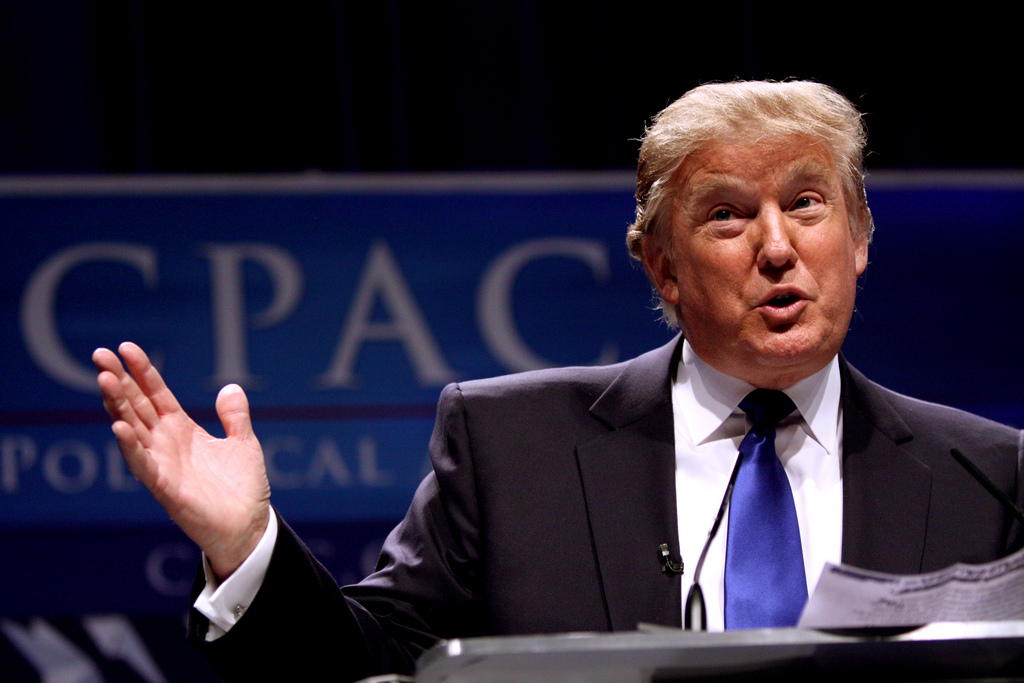
Christine Gianakis, a Political Science and Communications major, is in her second year as a columnist for The Montclarion.
The busiest political hiring season of the year is underway. Following the third presidential debate last week, Democrats and Republicans are working hard to scout for their next recruit.
In the form of debates, both parties are using the group interview system to weed through the 21 presidential applicants in an attempt to streamline and accelerate the hiring process. While these debates are meant to give voters the chance to learn more about the candidates, the current structure has been severely crippled by the fact that moderators have withheld one thing from those running : their voice.
The rules of the past three debates have closely mirrored each other. Candidates are allowed to speak only when asked a direct question, when giving a rebuttal to their answer or when another candidate references them in a statement. In theory, this provides all candidates with equal speaking time, but the past three debates have shown that this model only helps secure the lead for frontrunners and continues to keep lesser-known candidates in the shadows.
NPR broke down how many minutes each candidate was given during the debates and it is no surprise that Donald Trump received the most airtime out of all of the GOP candidates.
In the second debate, he had more than double the amount of time Scott Walker received, with 18 minutes and 47 seconds over Walker’s eight minutes and 29 seconds. Moderators cannot blame time discrepancies between candidates on the fact that there are too many people on stage to regulate speaking times. Even with only five people participating in the Democratic debate, Hillary Clinton spoke for 30 minutes and 25 seconds, which was approximately three times longer than the nine minutes and five seconds Lincoln Chafee was given to make his points.
Both parties are looking to pick one star player, their MVP, their captain. A candidate, who serves as their ambassador to the public, stands front and center for all to see, regardless of all the good and the bad that occurs. But, so far, the hiring managers for the entire country, the debate moderators, have failed to give voters the information they need to make educated decisions on which candidate they should elect as their party leader.
While there may be too many candidates in the race, if they are invited to participate in a debate, then they should have the opportunity to do just that — debate. The current structure resembles that of applicants being called in for a group interview, sitting beside their competition for two hours patiently, listening to their skills and qualifications, and then finally being given a chance to talk only to answer the dreaded “what are your biggest weaknesses” question.
This style of debate is counterproductive and not helpful to the American voters, who are looking to learn as much as they can about their future leader.
Moderators are asking well-crafted questions and narrowing in on the topics that matter most to Americans. They just need to make sure that they are doing this for every candidate and not just those leading in the polls.



